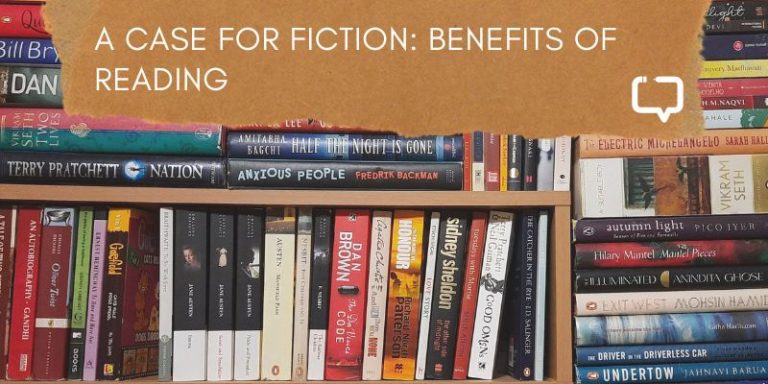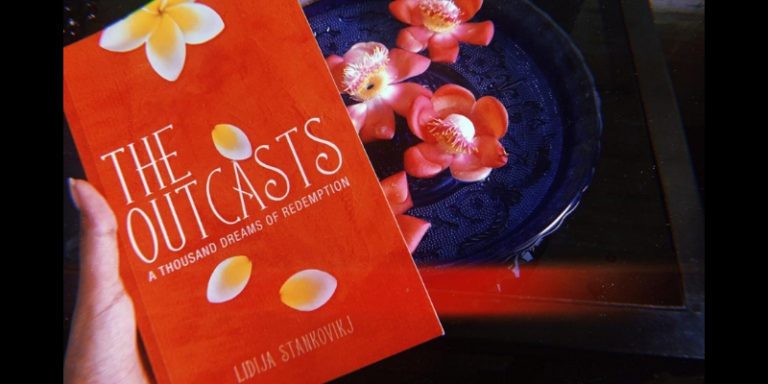Elsa Mathews reviews Maximum Love in Patel Nagar by Paulami Sengupta (published by Red River, 2023).
There are not many places in a city where a woman can hide. But in Maximum Love in Patel Nagar, Paulami Sengupta negotiates her way through the middle-class quartier of Patel Nagar in West Delhi. She finds many nooks and crannies where a woman can hide, like the ‘metro station’, in the ‘Friday market’, ‘bathroom mirror’, ‘subway’, ‘cemetery’, ‘deep inside the fridge’, in ‘pronounced orange darkness inside pumpkins’, in ‘streets, corridors, schools’ and ‘taxis’.
Born and brought up in Kolkata, Paulami Sengupta first came to Delhi to pursue English literature at JNU in 2000. She later returned to the city in 2009, when she found a job with a publishing house. She managed to find accommodation in Delhi’s Chittaranjan Park, the hub of Bengalis, and later in the neighbouring locality of Kalkaji. It was in 2016 that she moved to Patel Nagar in West Delhi to live close to a friend and her family.
Recommended Reading: 14 Recommended Translated Poetry Books in India
Writing and Inspiration from a New Neighborhood
Having lived in the predictable, cushioned precincts of South Delhi, Patel Nagar in West Delhi came as a wave of surprise. “There were clusters of wiring hanging down from electric poles. It was a middle class, aspirational locality,” and it is in negotiating herself in this bustling and relatively chaotic neighbourhood that Sengupta wrote a series of poems. She felt free, yet the sense of the unknown prevailed.
It is this intermingling of fear, awe, surprise and alienation that inspires the layered poems in Maximum Love in Patel Nagar. Paulami Sengupta’s poems are not just set in Patel Nagar but in a larger city space where bodies that identify themselves as female often feel vulnerable or unseen. Something that emerges in the poem, ‘Knowing in Patel Nagar’:
I can smell my neighbour’s soap,
Houses are that close in Patel Nagar.
Antiseptics and detergents
Intersect nonchalantly
As our bathrooms step onto each otherOne day we might meet,
Put faces to the non-white noise,
Exchange borderline pleasantries
Without mentioning ‘I know you use Pears’But right now let’s not get bothered about
The sounds of someone gargling
or throwing up in someone’s building
Thematic Explorations in Paulami Sengupta’s Maximum Love in Patel Nagar
Divided into three parts – Maximum Love in Patel Nagar, The Air Smells of Oregano and Mud, and finally, My Womb Rides a Taxi, the approximately 40 poems in this slim volume of poetry are a deep dive into the understanding and non-understanding of alien spaces by a woman. Spaces she has to live in, work in, travel or exist in all evoke a sense of being in a vacuous space, where every look and conversation is a passing cloud with the promise of rain. The poet experiences the city both consciously and subconsciously. She is like a fish in the ocean water, absorbing its ever-expanding surroundings.

In ‘Hungry,’ she writes:
The air smells of oregano and mud
Opposites spot each other and chatter –
About things other than monsoons.I turn away from the symmetry of the roadside shops
To bite into neat slices and gobble up the words with oil.
My own edges being rubbed on.
Recommended Reading: Poetry Review: The Unmistakable Presence of Absent Humans by K. Srilata
Language is like clay that moulds into her various imaginings of the city, almost like she entered a dream. The reader is guided and then lost again and yet finds itself in the daze of this imagined city, much like in the poem Subway:
My efforts to break away from you
are so hard that they show.When I take the subway,
each step wipes off an ounce of desire.
The phone’s network vanishes while
boarding the metro. Unreachable!Otherwise,
we would be together
like mangoes and strawberries,
tropical and non-tropical,
wrapped in heady cellophane.
Or varieties of fish allowed to freeze for days
So deep inside the fridge
That you have to pour hot water
on them.
Recommended Reading: A Ray of Hope: Poetry Trends in Calcutta
Conclusion
In her poetry, Paulami Sengupta captures the intimacy of personal thoughts as one goes through the humdrum of city life, which is monotonous and eventful at the same time. The city lives not only just without but also within its dweller. As one walks stoically through the maze of city markets and streets and temporary lives among strangers in metros and shops, one is connected by a metaphorical mycelium of thoughts to the world outside. This collection of poems is a great read for the urban dweller who wants to make sense not only of the chaos outside but also inside.
Have you read this poetry collection around the hidden corners of city life and the intimate reflections of urban existence? Share your thoughts in the comments below!























2 Responses
This is a beautiful review of Paulami Sengupta’s book of poems. I have read the poems, and could connect with the review very well. It’s very well-written and lucidly expressed. I have felt similar emotions while reading the poems and had similar thoughts.
Thanks, Prabhati